Opposition parties to begin PM candidate primaries

Image by Shutterstock.com
Following their success in the 2019 municipal elections, the six principal Hungarian opposition parties decided to fight the 2022 general elections as an alliance, with a joint candidate for prime minister and for each of the 106 individual parliamentary constituencies.
The parties have proceeded with pre-elections (frequently referred to as “primaries”) to select candidates. Here, we provide a brief explanation of the processes, with thumbnail profiles of the five remaining PM candidates (a sixth, József Pálinkás, Minister of Education during the first Orbán government and former president of the Hungarian Academy of Sciences, dropped out in the past couple of weeks), and some guidance as to the pollsters’ results so far.
The prime ministerial candidate elections will occur in two rounds, with the first taking place between September 18-26. The leading three candidates will then fight it out in a second round from October 4-10.
Parliament consists of 199 seats in total, of which 106 are chosen in individual constituencies, and 93 are derived from a list system. The opposition parties have already agreed on a candidate in 11 of the 106 constituencies, leaving party nominees to fight it out in the primaries to become the common candidate in the remaining 95. This vote takes place in one round only, again between September 18-26.
No party will fight for every seat available: the Democratic Coalition (DK) has proposed 60 candidates, Momentum 56, Jobbik 47, the Socialists (MSZP) 42, New World Peoples’ Party (ÚVNP) 22, Dialogue 10, and the LMP nine.
To be eligible to enter the elections, PM candidates need to have collected 20,000 endorsement signatures nationwide. The individual candidates for parliamentary seats need 400 valid signatures from the residents of their electoral district.
The five PM candidates and 265 MP candidates had two weeks to collect nominations beginning from August 23 and were required to submit them by 10 a.m. on September 6.
As the preliminary results of the signature campaign began to appear this week, Pálinkás, co-founder of ÚVNP, announced he had failed to obtain the 20,000 nomination threshold, and said he would henceforth support the campaign of Péter Márki-Zay, who is running for the Everybody’s Hungary Movement (MMM).
The remaining five competitors submitted their nominations (all above the minimum threshold), which now need to be ratified.
According to a report in Telex.hu, a joint Závecz-Idea poll taken at the end of June made the front runners in the first round for the PM candidate position Péter Jakab (Jobbik), with 28% support, followed by Klára Dobrev (DK) 27%, and Gergely Karácsony (Dialogue-MSZP) 24%. Momentum’s András Fekete-Győr trailed in fourth position with 12%, leaving both Márki-Zay (MMM) and Pálinkas (ÚVNP) at below 5% support.
This would indicate that the second round would see Jakab, Dobrev, and Karácsony battle it out in a final, three-way fight. With urban left-liberal voters likely to find it hard to support Jakab, while rural Jobbik voters would struggle to ballot for Dobrev (the wife of former MSZP Prime Minister Ferenc Gyurcsány), many commentators, including Dániel Mikecz, senior researcher at the liberal-leaning Republikon Institute, suggest the Budapest mayor Karácsony could win out as the compromise candidate “who is most likely to defeat Viktor Orbán” in 2022.
But at this point, as Mikecz cautions, given the limited data, predicting the outcome is very difficult as the whole process is essentially a new and untried innovation for opposition voters.
“The final result will be very dependent on turnout. In surveys, more people say that they are going to turn out at the primaries than really do,” he says.
Ágoston Mráz, director of the Nezőpont Institute, a pro-Fidesz think-tank, is even more dismissive of poll data as the basis for a reliable prediction.
“A primary […] attracts different people than in a general election. I would be surprised if the turnout at these primaries reaches even one-quarter of opposition voters,” he told the Budapest Business Journal.
The candidates

Péter Jakab, president of Jobbik (Photo: Jobbik.com)
After topping several opinion polls this year aiming to identify the most popular prime ministerial candidate, Jakab appears to have his nose in front of the opposition in the first round of the primaries. A former history teacher who grew up in the industrial city of Miskolc, Jakab, 41, took over the leadership of Jobbik in 2019 and has since used his parliamentary position to be sharply critical of Prime Minister Viktor Orbán and his policies.
In his most recent attack, Jakab accused the government of “murdering” 30,000 Hungarians by failing to address problems in the state healthcare system before the onset of the coronavirus pandemic. “I cannot forgive that, [only] God can forgive it. The Pope is coming and Viktor Orbán has been granted 30 minutes; he can start making a confession,” Jakab told Index, a popular Hungarian website.
Such acerbic politicking has both raised Jakab’s personal profile and rescued Jobbik from a slump in its popularity after the 2018 elections. While keeping his former radical right, anti-EU party strictly on the moderate, center-right path initiated under the former leadership from 2014, Jakab has seen the party’s popularity almost double to some 11-12% support of the total electorate, predominantly in rural Hungary.
Moreover, after much hesitation, the other opposition parties, including the Socialists and left-liberal DK, have accepted Jobbik as a bona fide partner in their efforts to win the next general election, a move unthinkable even as late as 2018.
It is also a move that has earned much criticism from Fidesz, which has accused the liberal-left bloc of betraying their principles by embracing what the governing party still deems to be an unacceptable, anti-Semitic, and anti-Roma grouping.
Indeed, Ágoston Mráz, director of the pro-government Nezőpont Institute, told the BBJ that he could not envisage Jakab winning the second round of the primaries, not least because he believes the entire operation is “very much under the control of the [other] party leaders.”
Jakab, he says, has “very primitive messages that might be good for a campaign among radical voters, but not for victory among [other] potential opposition voters.”
But while others in the opposition grouping still harbor suspicions regarding Jobbik’s new, democratic direction, the alliance, despite some niggling spats, continues to function, for now, a result many would not have dared predict even one year ago.

Péter Márki-Zay, Mayor of Hódmezővásárhely, co-Founder of Everybody’s Hungary Movement (Photo: Ádám Draskovics)
Aged 49, an engineer, marketing professional, a Catholic, father of seven, pro-family conservative, and former Fidesz voter, Márki-Zay shot to modest national fame by winning a mayoral by-election as an independent in the southeast Hungarian town of Hódmezővásárhely in 2018.
His victory in what had been a Fidesz stronghold was seen as a precursor to what the opposition parties could achieve if they could unite behind a good candidate, regardless of his or her specific political leanings, and coordinate a vigorous local campaign.
“I believe in local municipal independence, checks and balances, and the control of the power of the state. I’m against the unlimited centralization which [Prime Minister] Orbán has been doing; I’m very much pro-European and pro-NATO. So, that’s why I consider myself as right-wing,” he told foreign journalists earlier this year.
His campaign also included a strong, anti-corruption element, which he attributes in no small measure to his local success, both in 2018 and again in nationwide mayoral elections in 2019.
On the local level, his policies have been highly inclusive, launching educational projects designed to assist children from low-income families to attain their school leaving certificates, along with tailored foreign language courses in which, if successful, students have their fees returned as a reward.
“I am not satisfied with the level of education in this country. Languages are essential. We have provided subsidies for needy kids, and I also convinced members of the international community to participate to give free or affordable lessons and to have public discourses in English. We really try to encourage this,” he says.
While observers attest to his almost uniquely genuine hometown respect and popularity, lacking the backing of an established, nationwide party, Márki-Zay is unlikely to emerge victorious in this year’s prime ministerial primaries.
Nonetheless, his sincerity and impeccable personal record make him a politician any national leader would be ill-advised to ignore. Should the opposition prevail in 2022, the inclusion of Márki-Zay in any new government would make it much more acceptable to those Hungarian conservative voters who no longer support Fidesz.

Gergely Karácsony, co-president of Dialogue, Mayor of Budapest (Photo: Zsolt Szigetváry/MTI)
In the Závecz opinion poll taken in July, Gergely Karácsony, a political scientist-pollster by training himself (though not with Závecz), held onto the third spot, behind Jakab and Dobrev, with 24% support. This, however, was eight percentage points up on his popularity measured in a similar spring poll.
Karácsony entered the big stage of party politics in the 2010 general election when he won a seat on the party list as an MP for the green Politics Can Be Different (LMP). However, he later joined the more flexible Dialogue Party after it split from LMP because the latter refused to cooperate with any other opposition party before the 2014 election.
After serving as mayor of Zugló (Budapest’s District XIV), from 2014, Karácsony fought the 2019 Mayoral election as the joint opposition candidate against the Fidesz-supported incumbent, István Tarlós. In a startling example of the effectiveness of a united opposition, Karácsony won with just over 50% of the vote.
After a few months of reasonable relations, the mayor claims that a series of hostile moves by the government, including measures reducing local council revenues (all ostensibly needed to combat the COVID pandemic), dashed any hopes of genuine cooperation and ultimately pushed him to enter the PM candidate race.
“With a central government seeking to eliminate the municipality in Budapest, and the municipal system in general [across the country], I have no moral basis not to use all my political strength in order to oppose this,” he told foreign journalists in June.
The governing Fidesz party attack Karácsony for his limited language skills, as he has only a passive knowledge of English.
Polls indicate he has good support in the capital, but though he grew up in provincial eastern Hungary, Karácsony comes across as a “very urban” character says Róbert László, a researcher with Budapest think tank Political Capital.
“He is an integrative, likable type. He is good at finding compromises, good and bad,” László told the BBJ, adding, “[However], though he is popular in the capital and larger towns, in the smaller settlements, he seems an inaccessible stranger.”

András Fekete-Győr, president and co-founder of the Momentum movement (Photo: Ábel Sellei)
A lawyer by profession, Fekete-Győr stormed into the national consciousness in early 2017 when he successfully spearheaded the NOlimpia campaign calling for a referendum on whether Budapest should bid to hold the 2024 Olympic Games, a project which Momentum condemned as unaffordable for both the city and the country.
Momentum volunteers, working at tables across the capital in January temperatures, surprised many pundits by collecting some 266,000 signatures in support of the referendum, well above the 138,000 minimum required, which Fekete-Győr triumphantly deposited at city hall at the end of the campaign.
The government, which had previously been working all out to win support for the bid, backed down immediately rather than face the ignominy of an official defeat by the capital’s inhabitants.
The campaign firmly stamped Momentum’s existence on the political map. However, the party, typically described as a pro-European, liberal “Macronist” grouping, is formed largely of young, cosmopolitan professionals who have struggled to gain support outside Budapest and a few large provincial cities.
And while Fekete-Győr appears to be a well-accepted leader within the party, he has not infrequently been compared by detractors as being similar to Viktor Orbán in the early days of the ostensibly liberal, strongly anti-communist Fidesz.
Momentum failed to garner any seats in the 2018 general election, winning just 3% of the vote. However, a vigorous campaign in the 2019 European Parliamentary elections achieved a showing of almost 10%, winning two seats, which it filled with two very articulate female MEPs.
With polls indicating Fekete-Győr has about 16% of the opposition vote, he will struggle to win the PM primaries this time around. However, Momentum’s youthful, dedicated membership is not likely to be deterred by that, and the party is fully expected to stay within the opposition alliance and win at least some seats in the 2022 election, if only on the party lists.
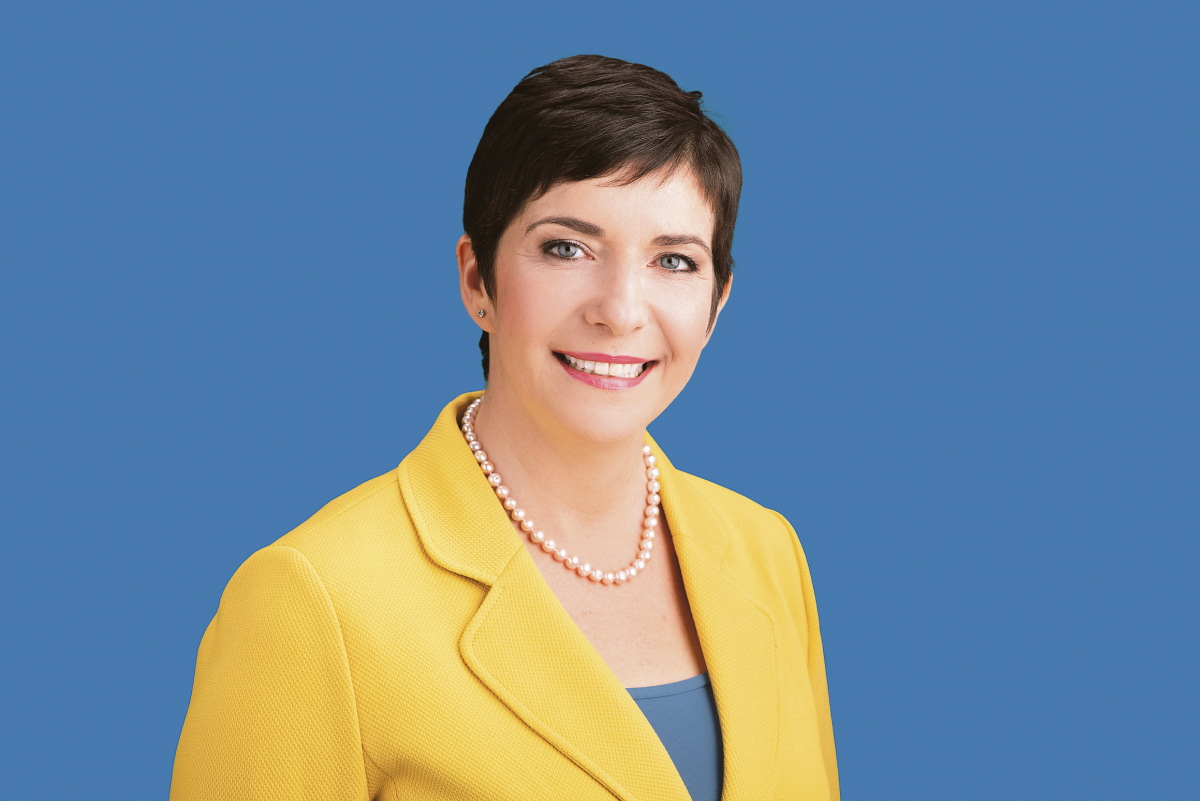
Klára Dobrev, Democratic Coalition, and vice president of the European Parliament (Photo: Democratic Coalition)
If a summer survey by the IDEA Institute, a Hungarian think tank, is anything to go by, should Klára Dobrev win the opposition primaries, she could be well placed to become the next prime minister. Across the population as a whole, the economist, university lecturer, and MEP scored better on five personal characteristics than Prime Minister Viktor Orbán, including sincerity, professional preparedness, and reliability, roughly matched the PM on six (including oratory skills and an ability to fight big battles) and was rated less able in only three categories; self-confidence, experience, and charisma.
Usually dressed in well-cut clothes and often sporting a colorful jacket, Dobrev, 49 and mother of three, puts her bright personality and good presentation skills to good effect from the podium. Unlike Karácsony, she also has a working competence in English (and Bulgarian).
As a leading DK politician, Dobrev is passionately pro-European, with a strong, left-leaning economic philosophy. However, she is an easy target for Fidesz criticism; the governing party insists Dobrev is a mere puppet of her husband, former MSZP PM Ferenc Gyurcsány, whom they brand as a liar and leader who bought false economic prosperity to the country through unsustainable borrowing.
Fidesz also attacks Dobrev through her antecedents, as the granddaughter of Antal Apró, a leading member of the communist party in the 1950s, while her mother, Piroska Apró, also held important business positions in the 1990s as a result of her party connections.
After an energetic campaign across the country, Dobrev is likely to attract a high vote count in the first round, but concerns that she might alienate conservative opposition voters could cause some voters to switch their allegiance to Karácsony as the less divisive candidate in the runoff.
This article was first published in the Budapest Business Journal print issue of September 10, 2021.
SUPPORT THE BUDAPEST BUSINESS JOURNAL
Producing journalism that is worthy of the name is a costly business. For 27 years, the publishers, editors and reporters of the Budapest Business Journal have striven to bring you business news that works, information that you can trust, that is factual, accurate and presented without fear or favor.
Newspaper organizations across the globe have struggled to find a business model that allows them to continue to excel, without compromising their ability to perform. Most recently, some have experimented with the idea of involving their most important stakeholders, their readers.
We would like to offer that same opportunity to our readers. We would like to invite you to help us deliver the quality business journalism you require. Hit our Support the BBJ button and you can choose the how much and how often you send us your contributions.


.png)
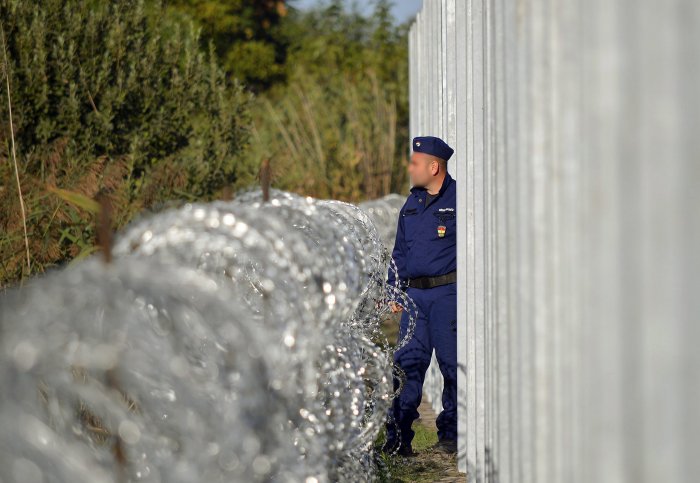



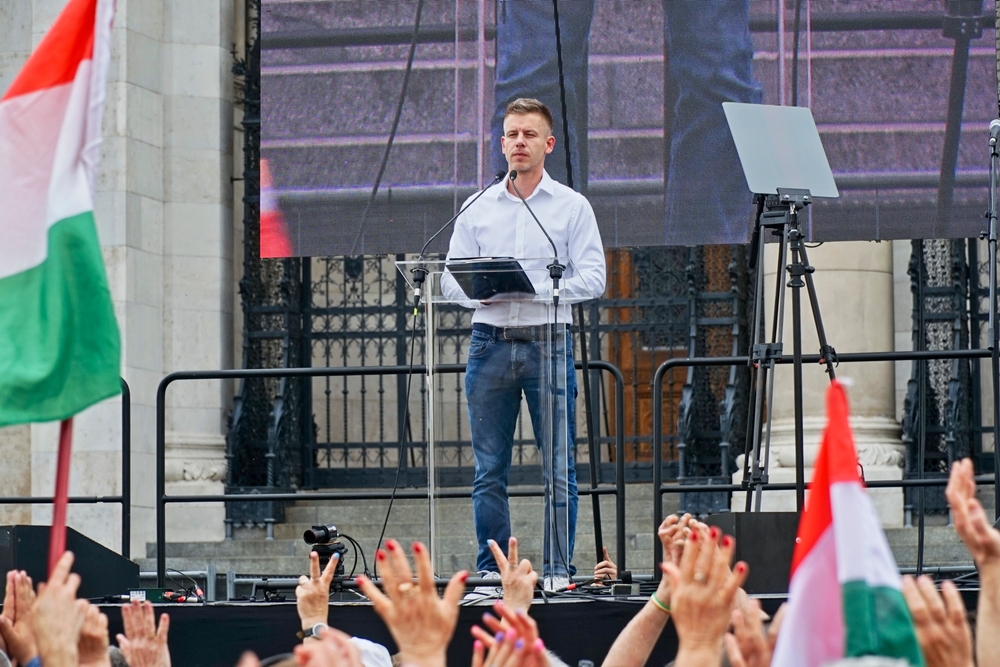
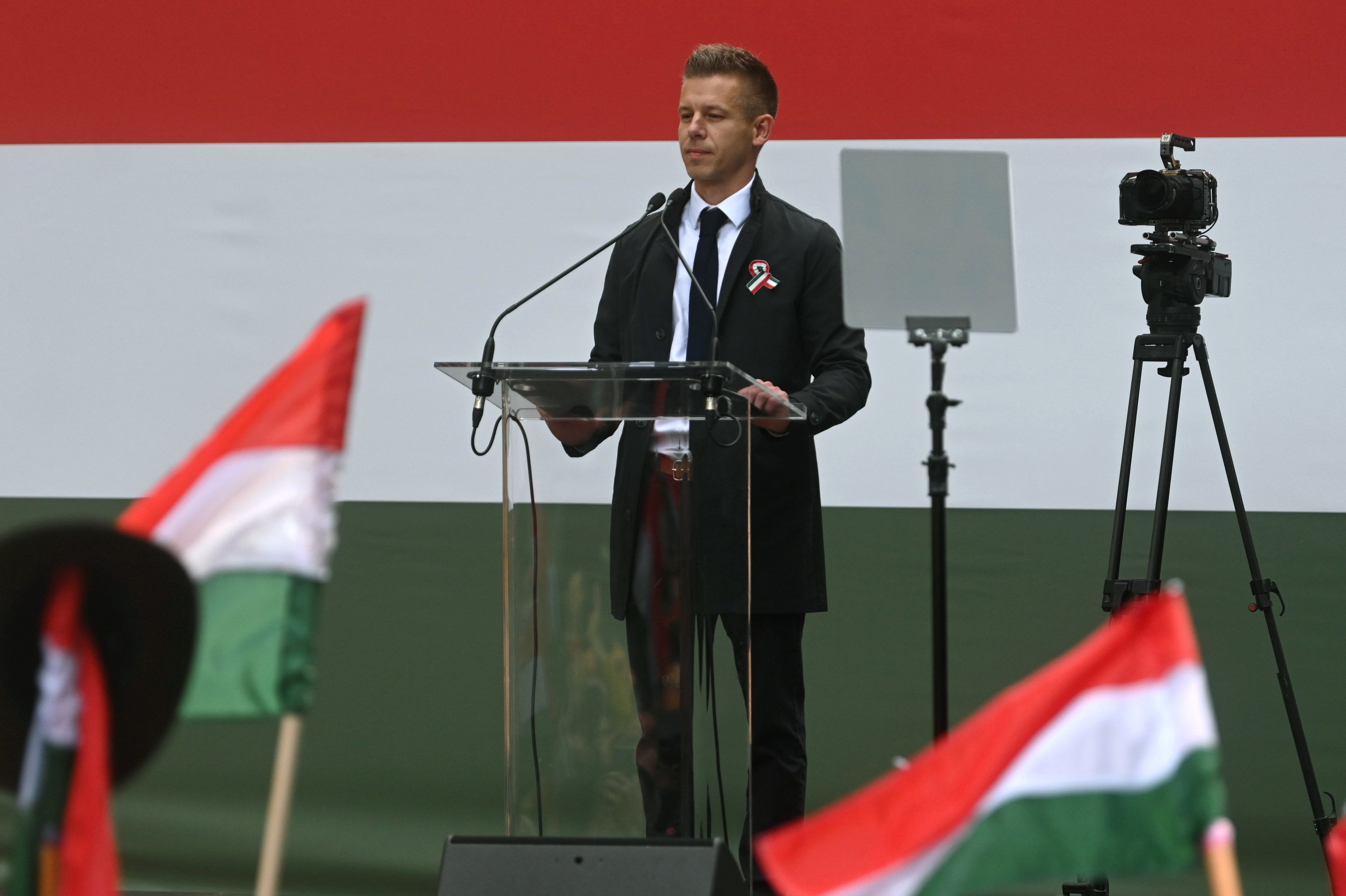
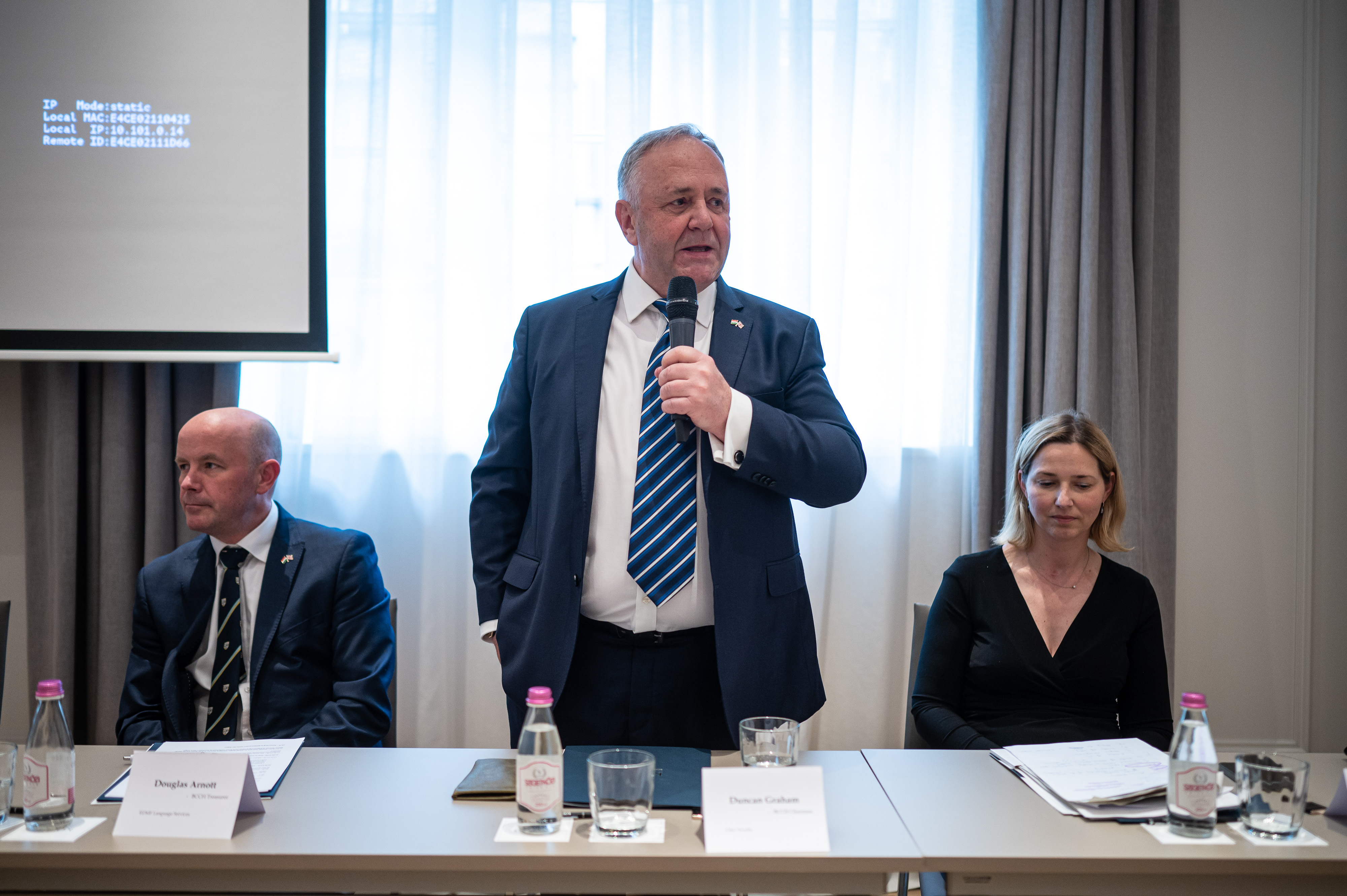
.png)
